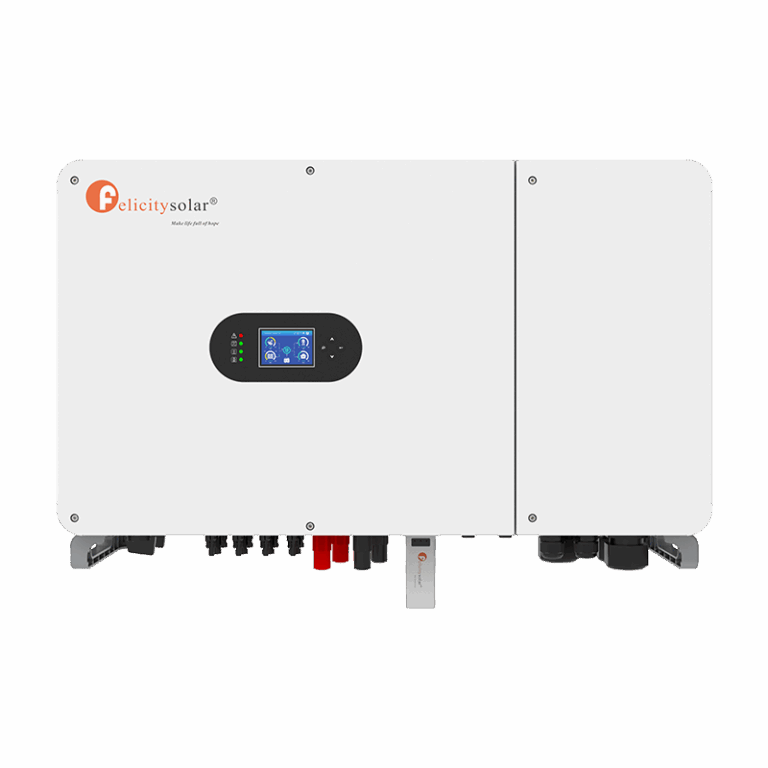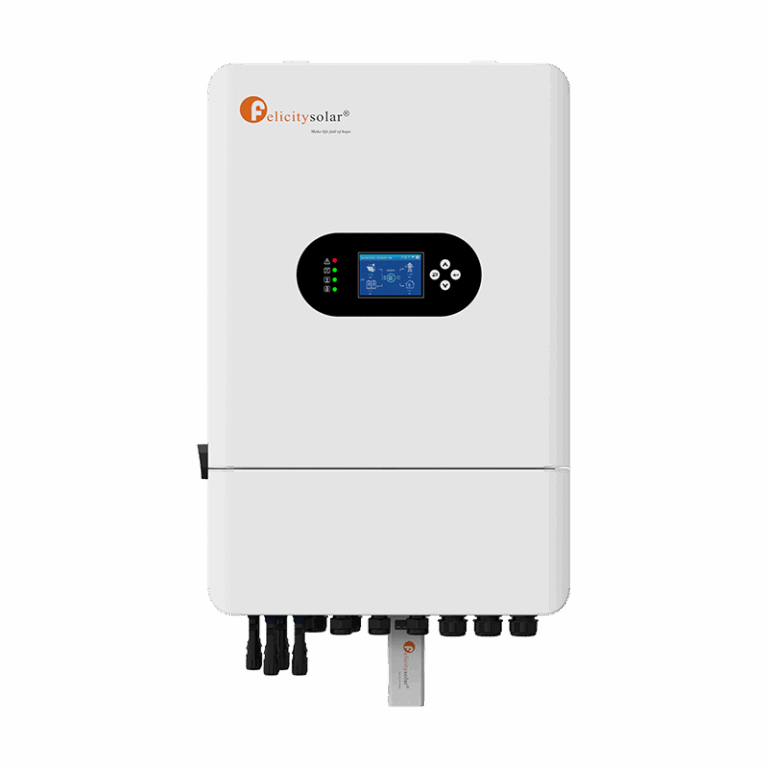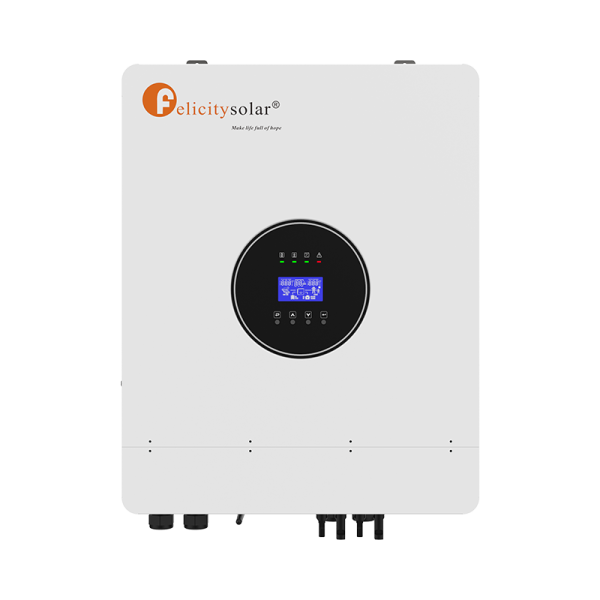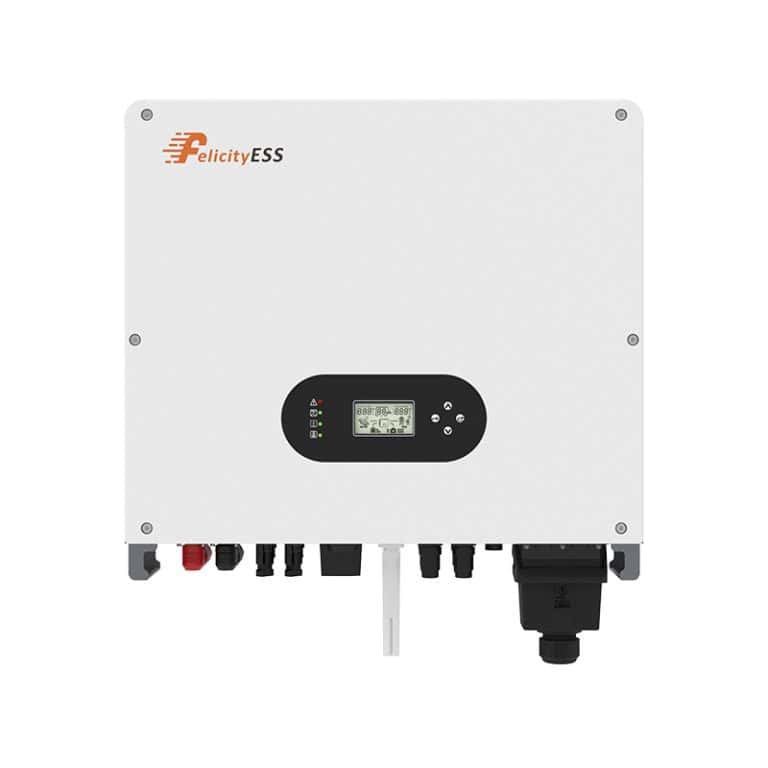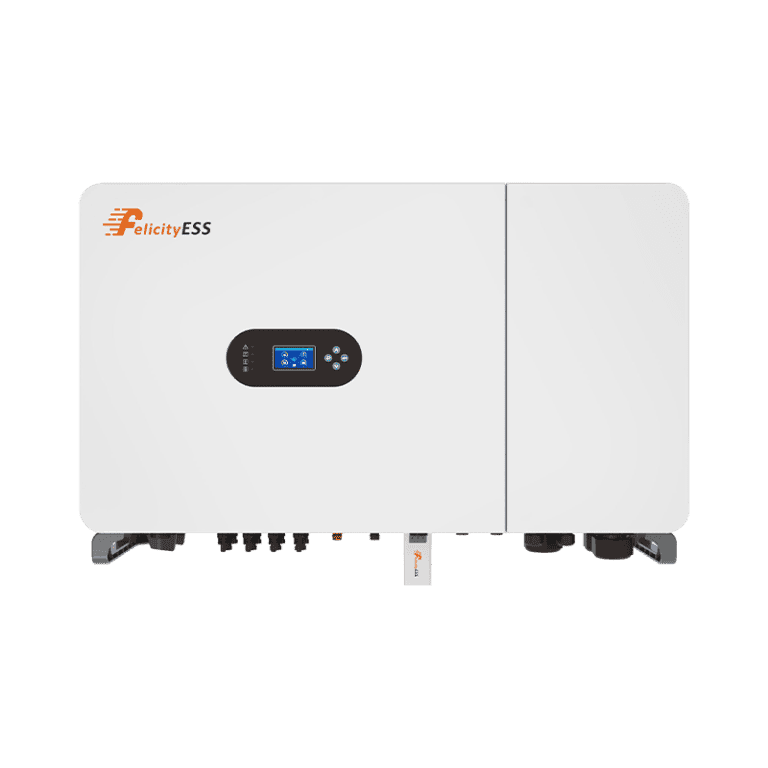Deep-cycle lithium-ion batteries use lithium-ion technology, which is efficient, long-lasting and compact. They can provide stable and reliable power for a long time. They are mainly used in applications that require continuous power supply, while traditional batteries can only provide high-power, short-term power.

How do Deep-Cycle Lithium-Ion Batteries Work
Deep-cycle lithium-ion batteries are constructed so they can be discharged and recharged thousands of times without significantly decreasing their capacity. This distinguishes them from conventional, single-use batteries, which can only be charged a few times before their capacity begins to decline.
Deep-cycle lithium-ion batteries can withstand high discharges without damaging their internal components, making them ideal for applications requiring long-term, stable power.
Deep-cycle lithium-ion batteries pack more energy into a smaller space, making them widely used in electric vehicles and energy storage systems. They are also lighter and have a higher energy density, providing a longer-lasting, stable power supply than lead-acid batteries.
Features of Deep-Cycle Lithium-Ion Batteries
Long Life
A notable feature of deep-cycle lithium-ion batteries is their extended lifespan. While lead-acid batteries lose efficiency after a few hundred cycles, lithium-ion batteries can maintain peak performance for thousands of cycles before starting to significantly degrade. The longer lifespan of lithium-ion batteries also makes them a cost-effective option for long-term use, as they reduce the frequent replacements that often characterize lead-acid batteries.
Lightweight and Compact
Deep-cycle lithium-ion batteries are more compact and lighter than traditional lead-acid batteries. Therefore, they are ideal for applications where space and weight are paramount, such as electric vehicles (EVs) or solar energy storage systems. They can be used in a variety of portable and small power systems, increasing design freedom.
Fast Charging
Another key advantage of deep-cycle lithium-ion batteries is their faster charging speed. Lithium-ion batteries charge at only one-fifth the speed of lead-acid batteries, which is beneficial for reducing downtime in equipment and power systems. This is particularly useful in applications such as off-grid solar energy storage, where fast charging can quickly provide power.
Higher Efficiency
Deep-cycle lithium-ion batteries also consume less energy than other battery types. They lose less energy during charging and discharging, allowing them to convert more stored energy into usable energy. This higher efficiency means improved overall performance in high-energy-consuming environments such as solar systems or electric vehicles.
Applications of Deep-Cycle Lithium-Ion Batteries
Deep-cycle lithium-ion batteries are widely used in various applications due to their reliability, longevity, and ability to withstand repeated deep discharges. They are commonly used in the following areas:
Solar Energy Storage
Deep-cycle lithium-ion batteries are one of the most common applications in solar energy storage systems. Solar systems provide power throughout the day, while batteries store excess power for use during rainy days or at night. Due to their high energy density and deep discharge capability, they can provide a continuous, uninterrupted power supply in off-grid solar systems.
Electric Vehicles
Lithium-ion batteries are the energy source for electric vehicles, offering the advantages of high energy density and long life. Designed specifically to drive electric motors, lithium-ion batteries can meet the power and range required by electric vehicles. Their ability to power long distances daily makes deep-cycle lithium-ion batteries a good choice for both electric vehicle manufacturers and users.
Uninterruptible Power Supplies
Deep-cycle lithium-ion batteries for domestic and commercial use provide uninterruptible power supplies to power critical systems during power outages. These systems provide backup power for equipment such as medical devices, data centers, and security systems, preventing data loss or damage in the event of a main power outage.
Advantages of Deep-Cycle Lithium-Ion Batteries
Longer Cycle Life
One of the advantages of deep-cycle lithium-ion batteries over other batteries is their excellent cycle life. High-quality deep-cycle lithium-ion batteries can last between 3000~8000 charge cycles, far exceeding lead-acid batteries, which must be replaced every 500 to 1,000 cycles. This means fewer battery replacements and lower long-term costs.
Better Low-Temperature Performance
Lithium-ion batteries also perform better at low temperatures than other batteries. This makes them ideal for use in cold regions or areas with large temperature fluctuations. They are also less susceptible to self-discharge, meaning they lose less charge when not in use.
Lower Risk of Spills and Leaks
Because deep-cycle lithium-ion batteries are sealed and lack the liquid electrolytes found in lead-acid batteries, they are less prone to leaks or spills. This makes them safer for a wider range of applications, including marine, RV, and solar energy storage systems.
Environmental Benefits
Lithium-ion batteries are also less environmentally toxic than traditional lead-acid batteries. Lead is toxic, and improper disposal of lead-acid batteries can cause significant environmental damage. Lithium-ion batteries are significantly less environmentally toxic, and recycling them is a popular method, making them less toxic to the environment.
Choosing the Right Deep-Cycle Lithium-Ion Battery
When selecting a deep-cycle lithium-ion battery, there are several parameters to consider. These include voltage, capacity, and charging efficiency to meet your application’s needs.
- For example, electric vehicles are characterized by high energy density and long discharge cycles, while off-grid solar systems require batteries that can withstand deep discharges and long recharge cycles.
Choosing a reputable brand that produces high-quality deep-cycle lithium-ion batteries is also crucial. Felicity ESS‘s deep-cycle lithium-ion batteries offer a variety of excellent properties, ensuring you the reliability your energy storage system requires.
Conclusion
Deep-cycle lithium-ion batteries are a key component of today’s energy storage systems. From deep-cycle solar energy storage to emergency power supplies and electric vehicles, they provide cost-effective, high-power solutions for any system.
Their deep discharge capability and long-term, stable power supply make them an excellent investment for those who need high-quality, long-term energy storage.



